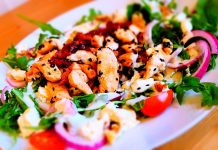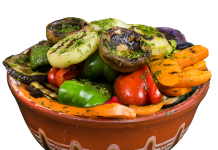
What is the nutritional value or risk associated with fasting?
Is it OK to go without solid food for a day? I do this about once a week. I do take a lot of water and some fruit juice.
There is no nutritional value to fasting and the risk is dependent on many factors, not the least are age, health status, outside temperature and humidity, physical exercise and length of the fast. If you are a healthy adult without diabetes, there is probably little-associated risk to fast for 1 day as long as you include water to prevent dehydration.
Fruit juice contains fructose (fruit sugar) which can be used as caloric fuel for the body during a fast. Eight ounces of fruit juice only contains 30 grams of carbohydrate and about 120 calories. You would have to drink 4 1/3 8-ounce glasses of juice to spare blood glucose or glycogen (stored glucose) from being used as fuel and meet your minimum calorie requirements.
During a fast, your body still burns calories, usually as blood glucose or glycogen stored in the liver. Once that 1500-calorie supply is exhausted, the body has to burn glycogen stored in muscle and lean tissue protein. Unfortunately, body fat is not easily moved out of storage and burned as a calorie source during a fast since it needs carbohydrates and oxygen to be completely converted to glucose.
Various fad diets have advocated periodic fasting to supposedly shock the metabolism or rid the body of waste products. During a fast, your metabolism goes down because your body thinks a famine is happening. Your liver and kidneys are designed to remove toxins (like alcohol) and waste products from your body.


